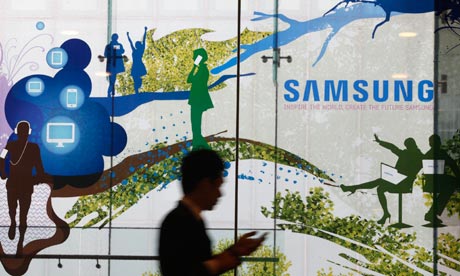Earlier today a Gartner report revealed that China’s Lenovo Group Ltd had edged out Silicon Valley icon Hewlett-Packard Co to become the world’s No 1 PC maker in the third quarter.
HP has issued an official response to the Gartner report without naming it, stating that the IDC report that says HP is the world’s number 1 PC vendor is correct. Here’s the response below:
“While there are a variety of PC share reports in the market, some don’t measure the market in its entirety. The IDC analysis includes the very important workstation segment and therefore is more comprehensive. In that IDC report, HP occupies the No. 1 position in PCs.”
The press release then goes on to give a link to the IDC report. You can view the IDC reporthere.
According to the IDC report, HP has 15.9 percent of the PC market share in Q3 while Lenovo has 15.7 percent share for the same quarter. The Gartner report shows that HP has a share of 15.5 percent while Lenovo has 15.7 percent market share. The difference in percentage points is not too high.
The IDC report goes on to sayHP saw shipments contract more than 16% from a year ago and narrowly held on to the top vendor spot.
As far as Lenovo is concerned, IDC states that Lenovo, despite slowing growth in Asia, continued to register the highest yearly growth among all top vendors. But it also states thatLenovo’s persistence as well as missteps of its rivals helped Lenovo to maintain a top 5 position in the US, and gain a couple points of share to nearly tie HP for the lead in global shipments.
In the IDC report the difference in numbers. between the two companies as far as global PC shipments for Q3 are concerned is not too much. HP has shipped 13,946 (in thousands), while Lenovo has 13,824 ( in thousands). The Gartner report states Lenovo has 13.77 million units shipped during the quarter while HP had shipping 13.55 million units.
While the two reports differ on the numbers for who’s the top vendor, there’s agreement on one fact which is that global PC sales have declined. According to IDC the worldwide PC market contracted sharply in the third quarter of 2012 (3Q12), with shipments declining 8.6% from the third quarter of 2011. According to Gartner, PC sales declined 8.3 percent for Q3 2012.



















